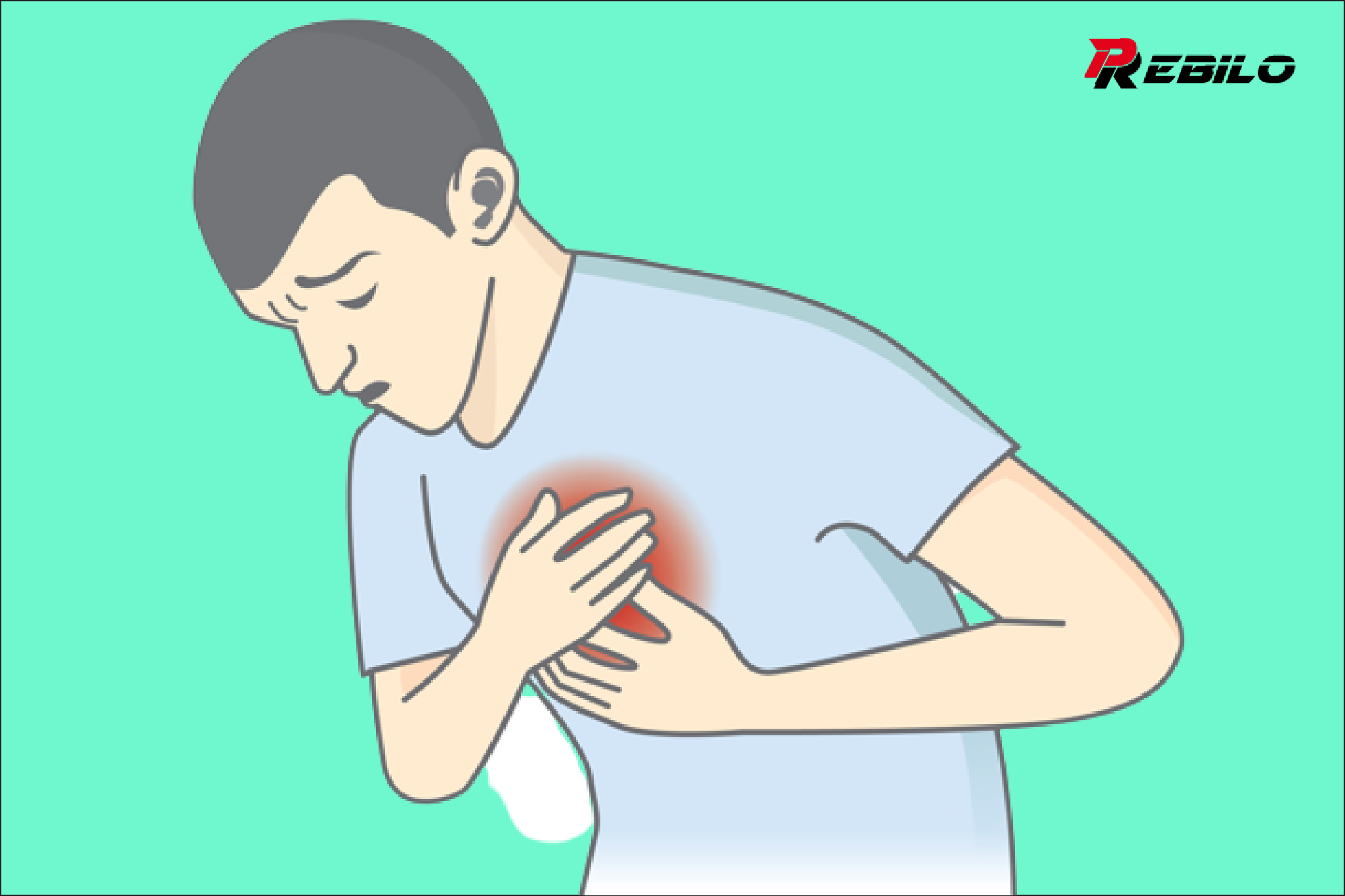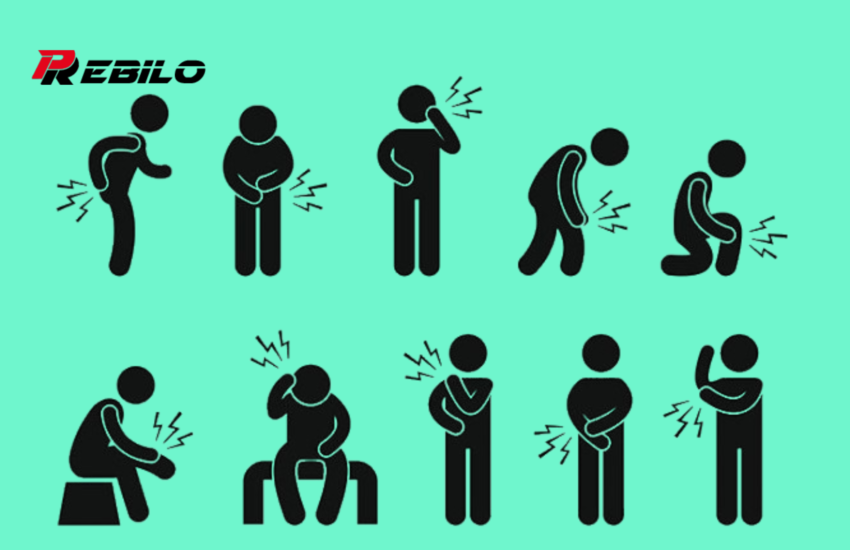A month before a heart attack, your body will warn you: 6 warning signs to recognize.
A heart attack is a serious medical event that occurs when blood flow to the heart muscle is blocked. A heart attack can happen suddenly, but the body sends warning signals in the weeks leading up to the event. Recognizing these symptoms is important to seek medical help in time and prevent a heart attack. In this article, we’ll explore six warning signs your body may be giving you a month before a heart attack, and give you a chance to take proactive steps to protect your heart health.
Understanding heart attacks
Before we delve into the warning signs, let’s take a quick look at what happens during a heart attack.
A heart attack, or myocardial infarction, occurs when a coronary artery becomes blocked by a blood clot. This blockage prevents oxygen-rich blood from reaching certain areas of the heart muscle. As a result, that part of the heart muscle begins to die, leading to chest pain, discomfort and other symptoms.
- Unusual fatigue
Feeling tired even after a good night’s sleep can be a sign of a heart attack. This fatigue may be different from normal fatigue and may not improve with rest. Pay attention to prolonged, unexplained fatigue. - Chest discomfort
Chest pain and discomfort are classic symptoms of a heart attack. It can vary from person to person, but it is usually described as a tight, squeezing feeling in the chest. This discomfort may appear, intensify, or be accompanied by pressure and pain in the arms, neck, jaw, and back. - Shortness of breath
Difficulty breathing, even with minimal exertion, may indicate a heart problem. Shortness of breath can appear suddenly or develop gradually. If you can’t hold your breath for no apparent reason, it’s a sign of seriousness. - Sleep disorders
Abnormal sleep disorders, such as insomnia, frequent nighttime awakenings, or feeling overly tired upon waking, may be associated with an increased risk of heart attack. These sleep changes may be related to the body’s response to heart problems. - Digestive problems
Digestive symptoms such as upset stomach, nausea, vomiting, and abdominal discomfort may be symptoms of a heart attack. These symptoms are sometimes mistaken for gastrointestinal problems, so it’s important to consider them in the context of other warning signs. - Anxiety and increased heart rate
Feeling anxious or experiencing a rapid heart rate without a specific trigger may be your body’s way of alerting you to a potential heart problem. This anxiety is not related to external stress and can occur suddenly.
Take Action: What to do
If you notice any of these warning signs, it’s important not to ignore them. What you should do:
Get medical help: If you have chest pains that last more than a few minutes, especially if you have other symptoms, call an ambulance right away.
Contact your doctor: Even if your symptoms are mild or intermittent, it’s important to see your doctor. For a proper evaluation, describe your symptoms and medical history in detail.
Change your lifestyle: Heart health is closely related to lifestyle choices. To reduce your risk of heart disease, eat a balanced diet, exercise regularly, manage stress, and avoid smoking.
Know your risk factors: Understanding your risk factors for heart disease, such as high blood pressure, high cholesterol, diabetes, and family history, can help you take proactive steps to manage your health.
Conclusion
Recognizing the warning signs your body may be giving you a month before a heart attack can be a life-saving step. While these symptoms do not guarantee a heart attack, they are important indicators that something may be wrong with your heart health. Your body is sending you signals, so it’s important to listen and take action. By being vigilant, making healthy lifestyle choices, and seeking medical attention when needed, you can reduce your risk of heart attack and improve your overall heart health.


